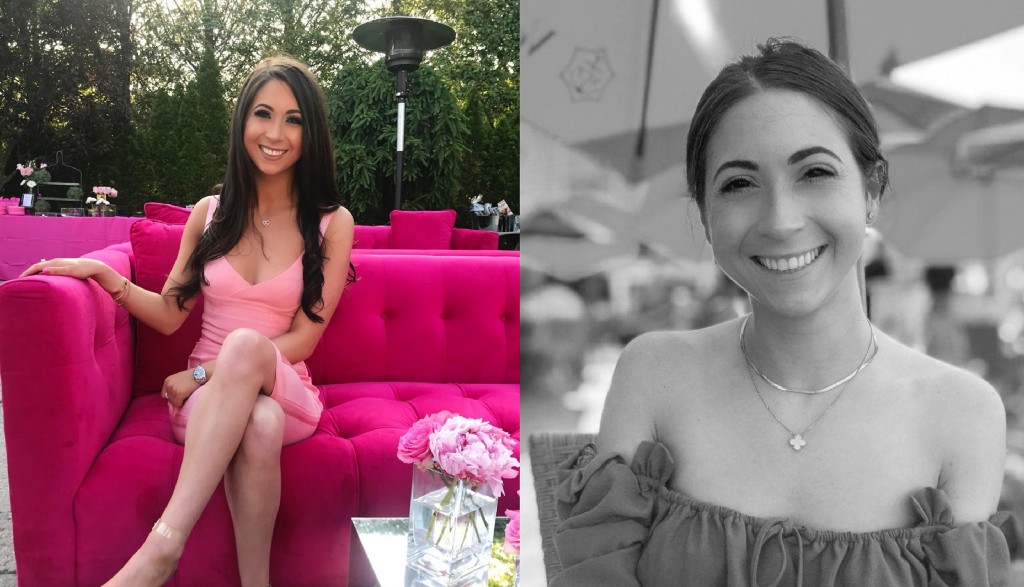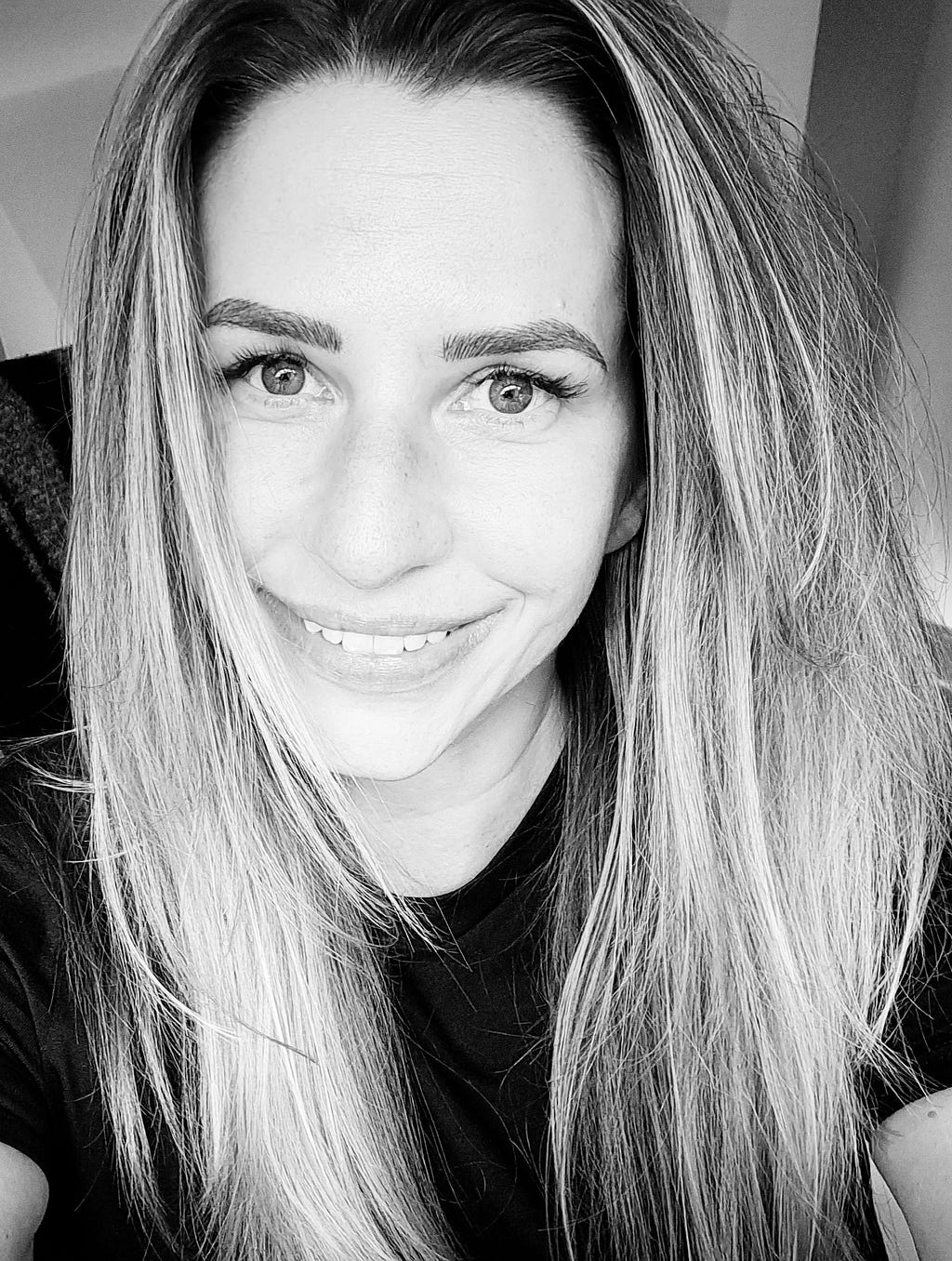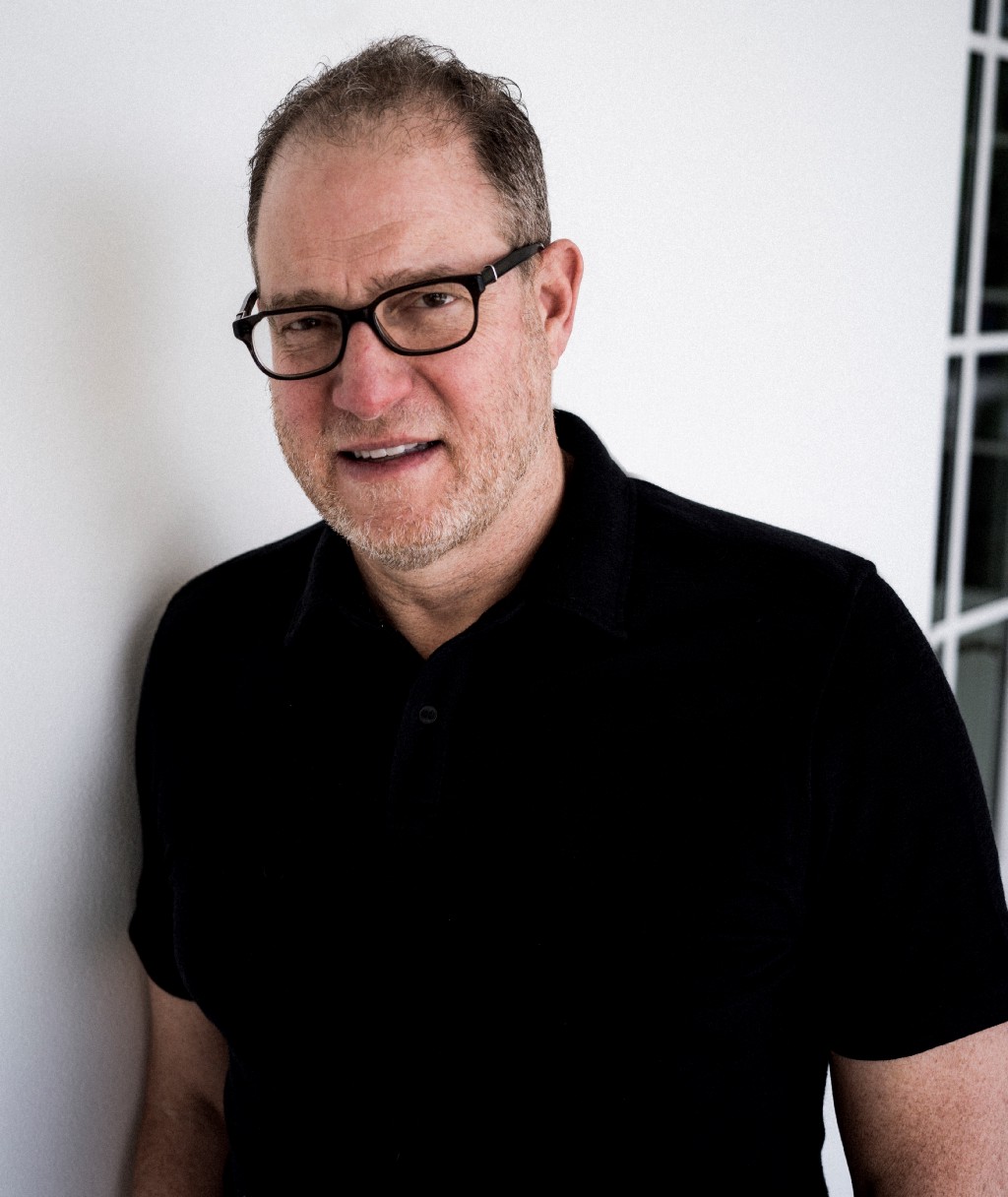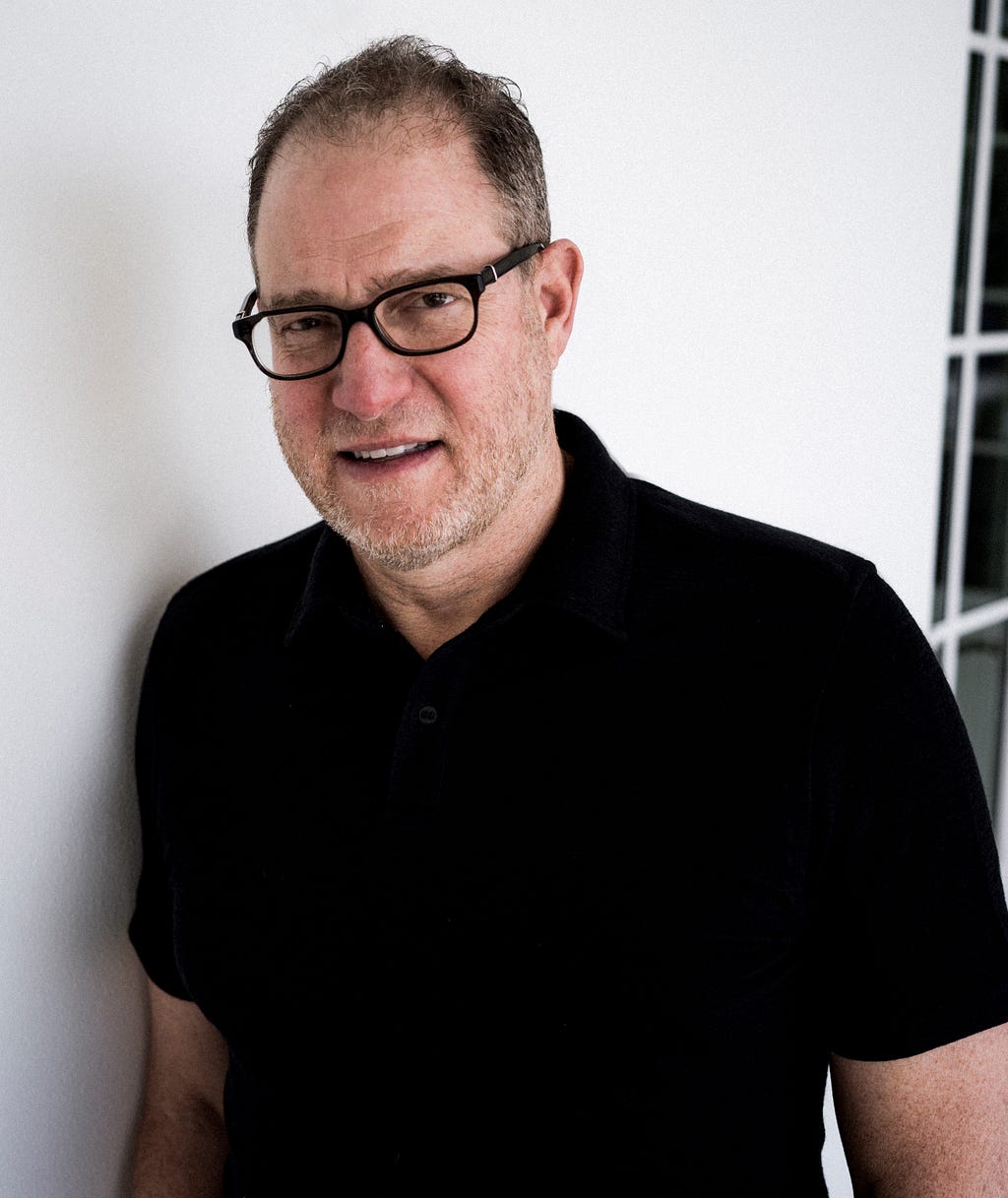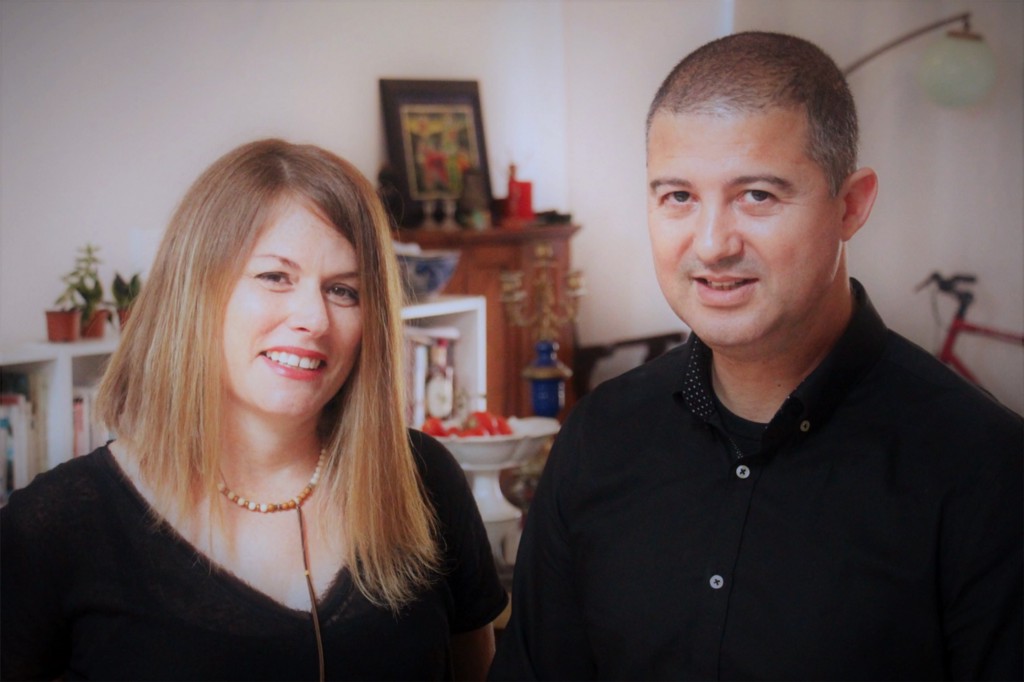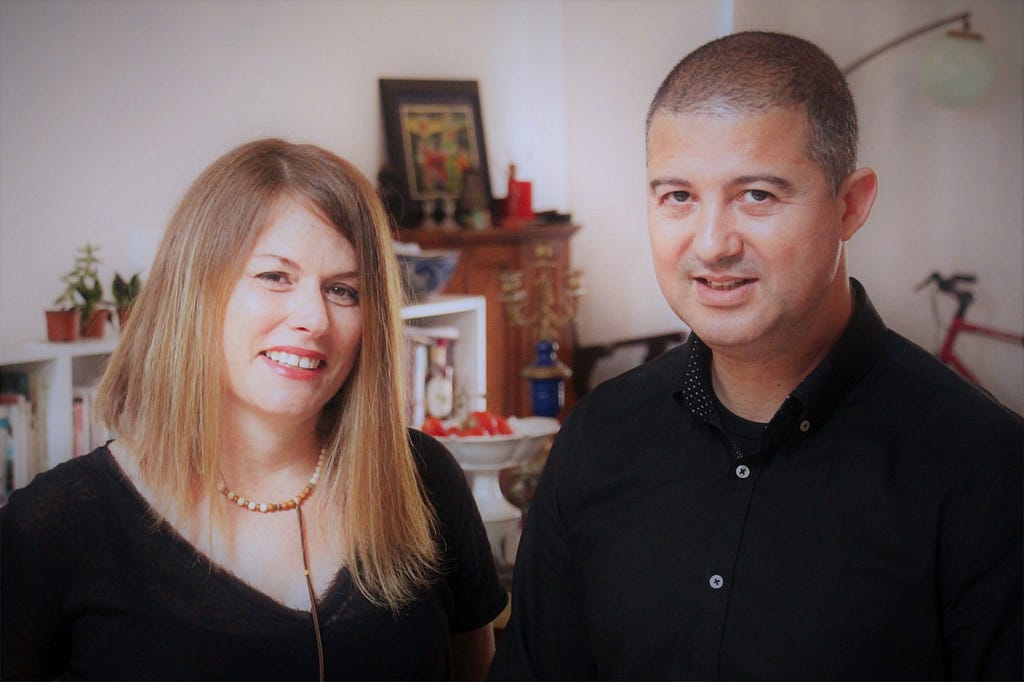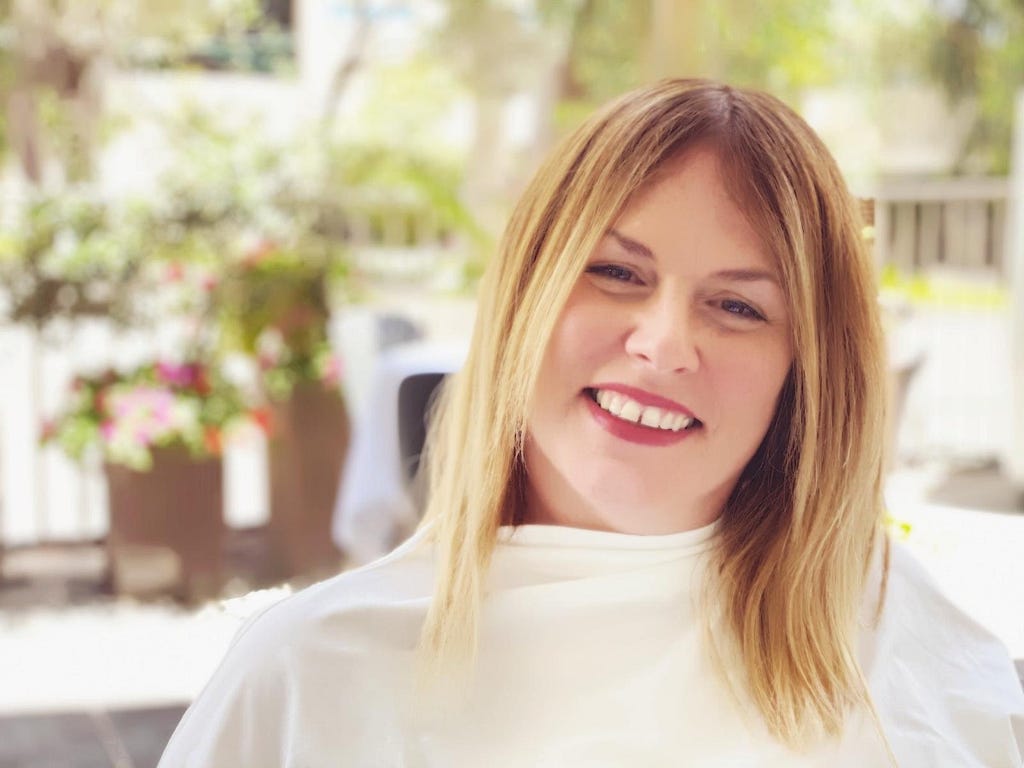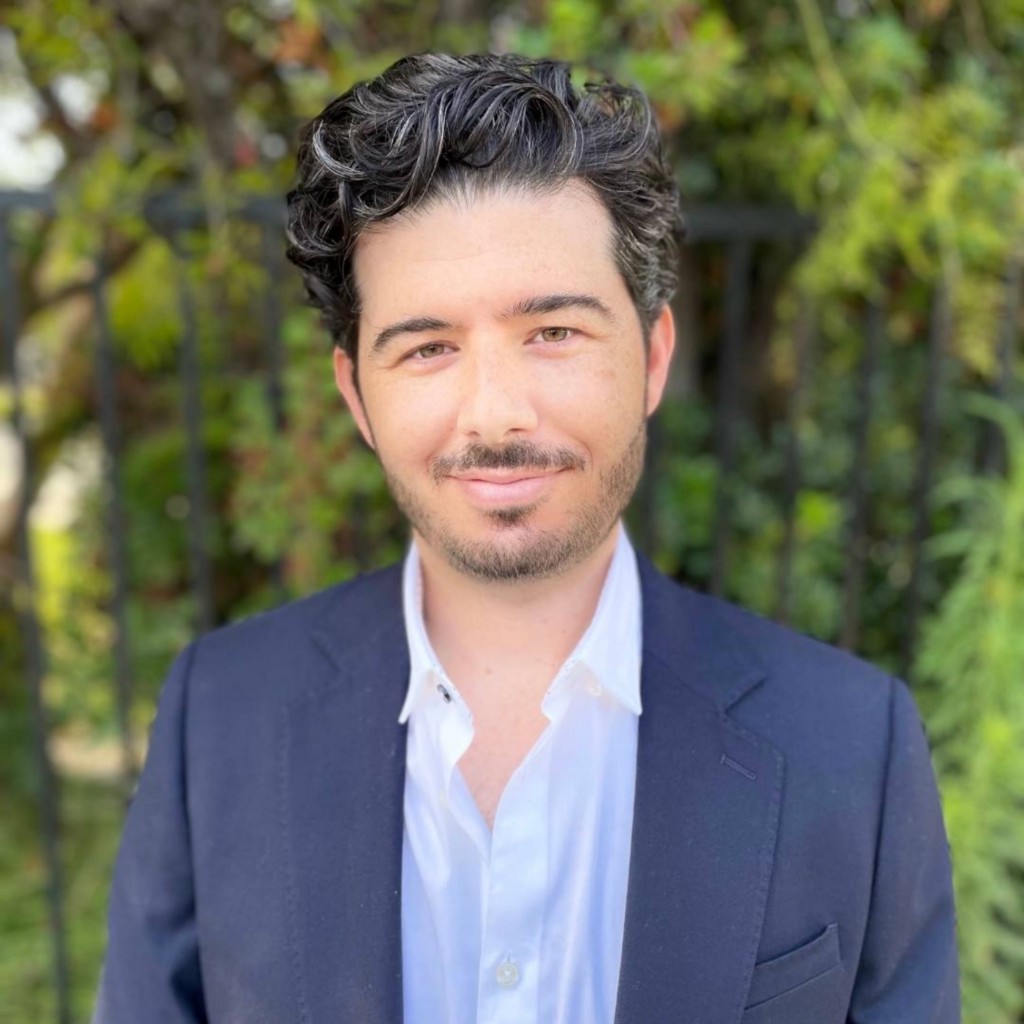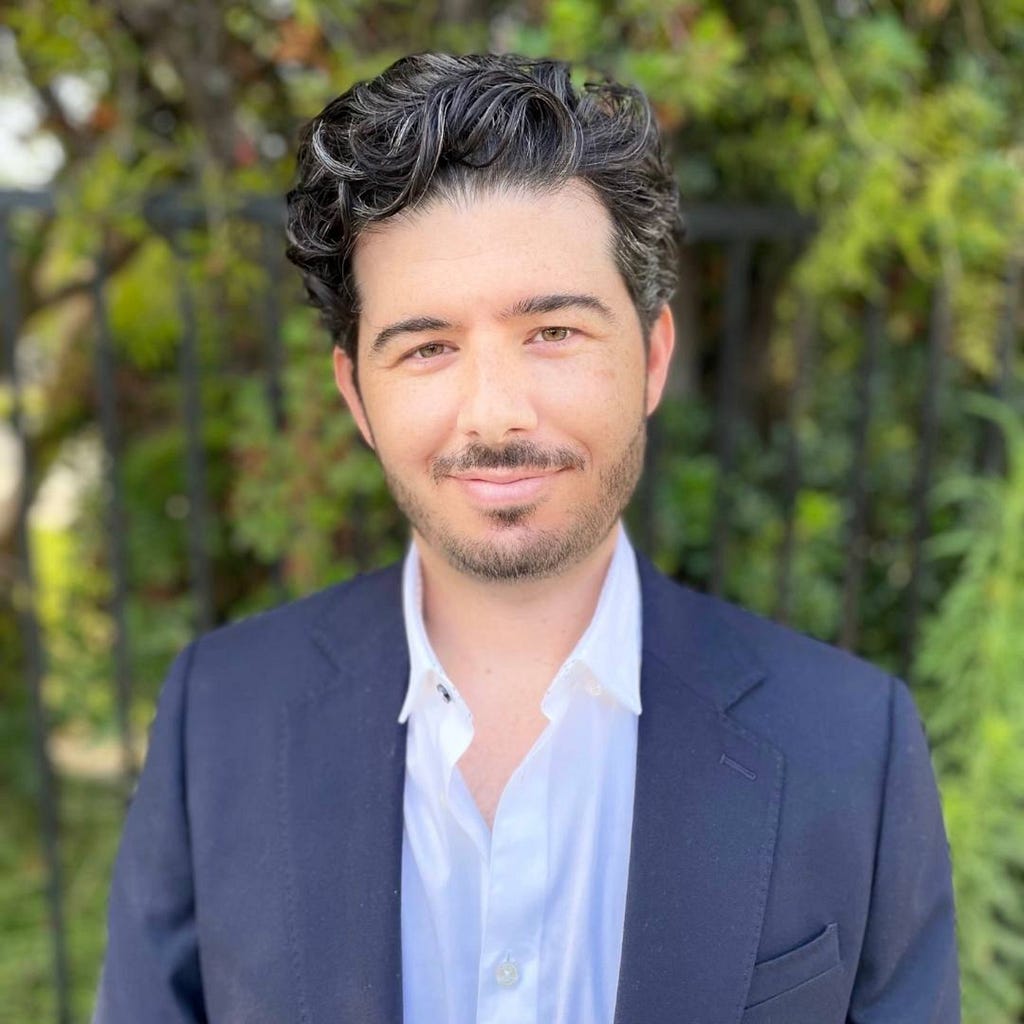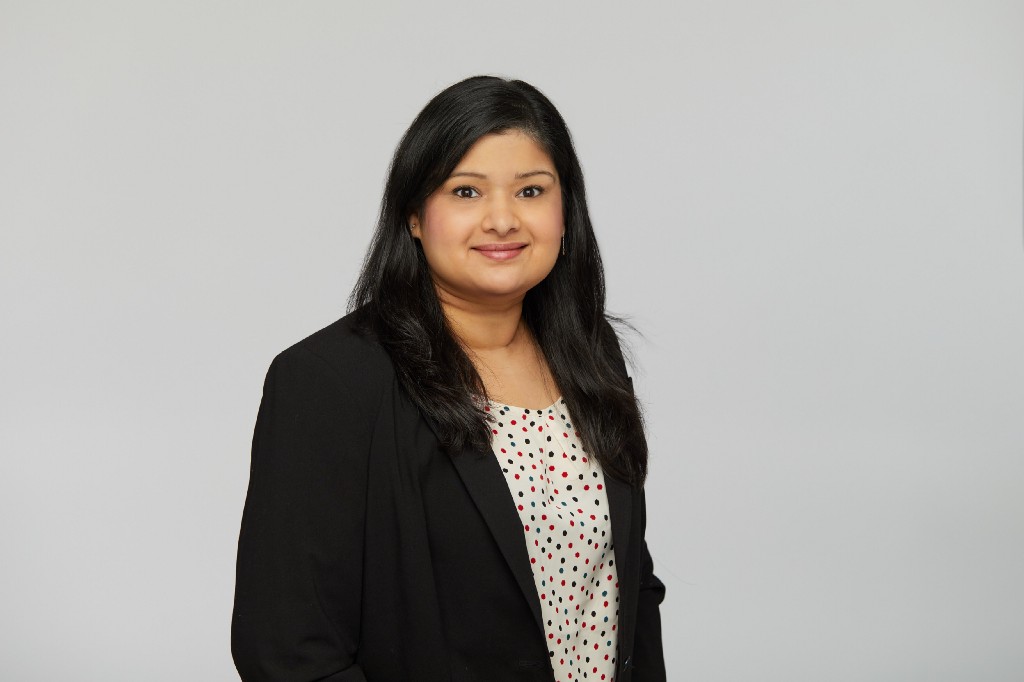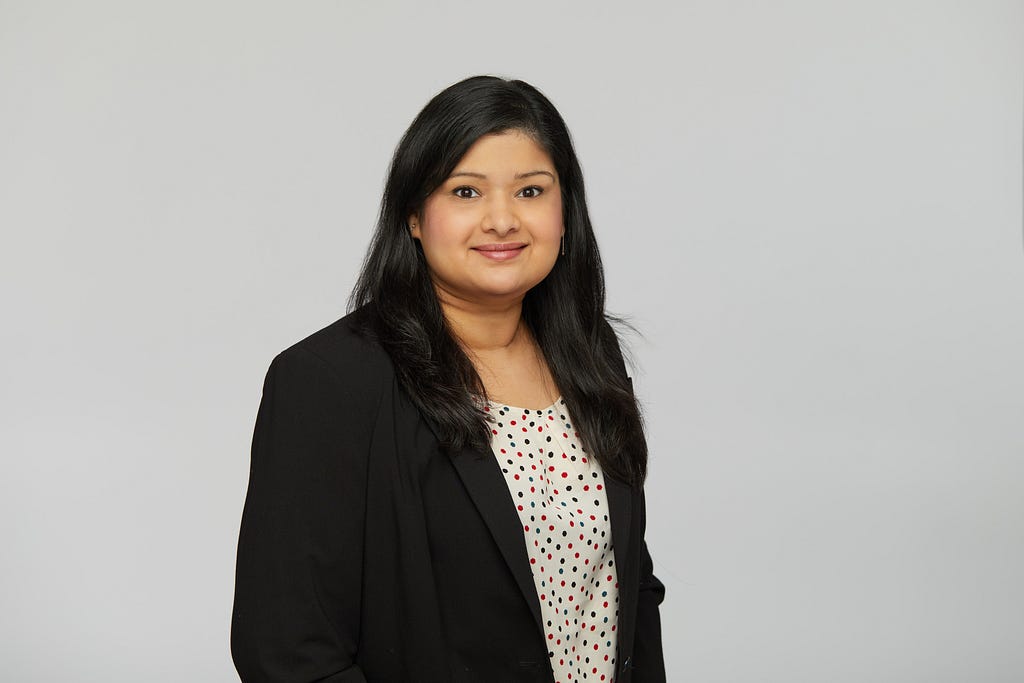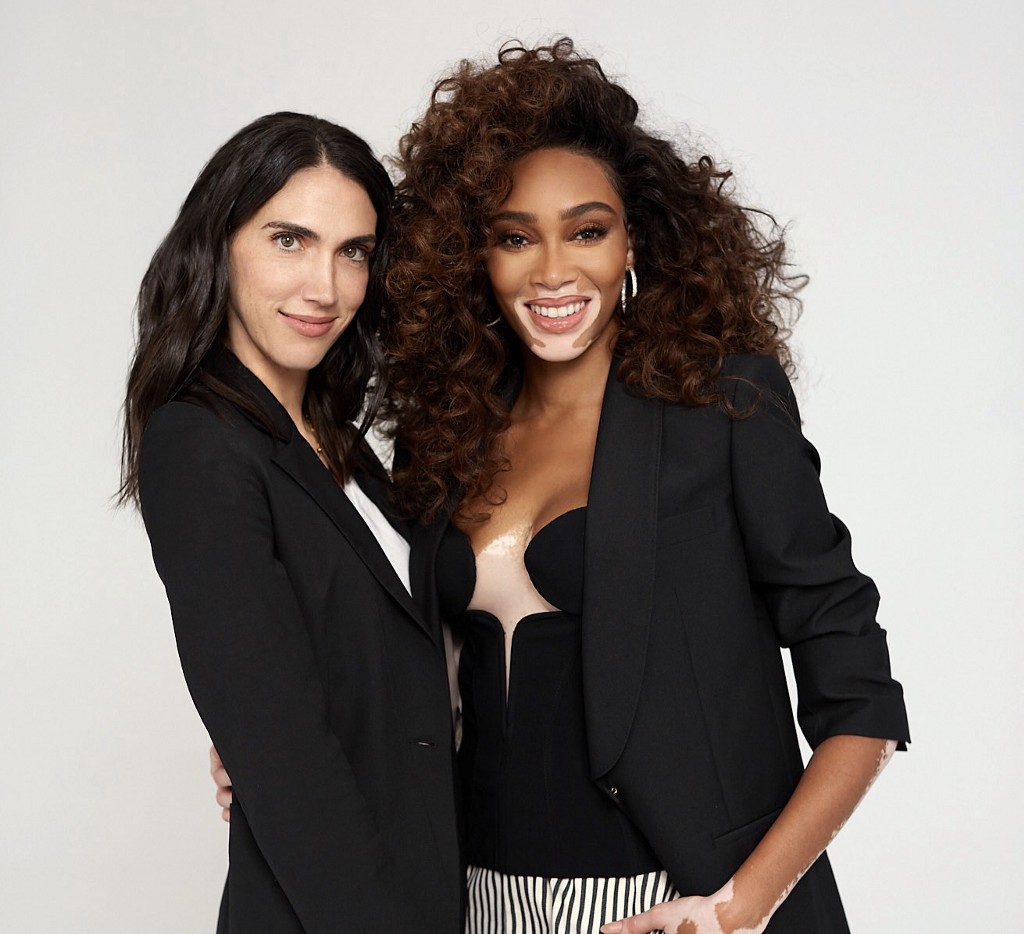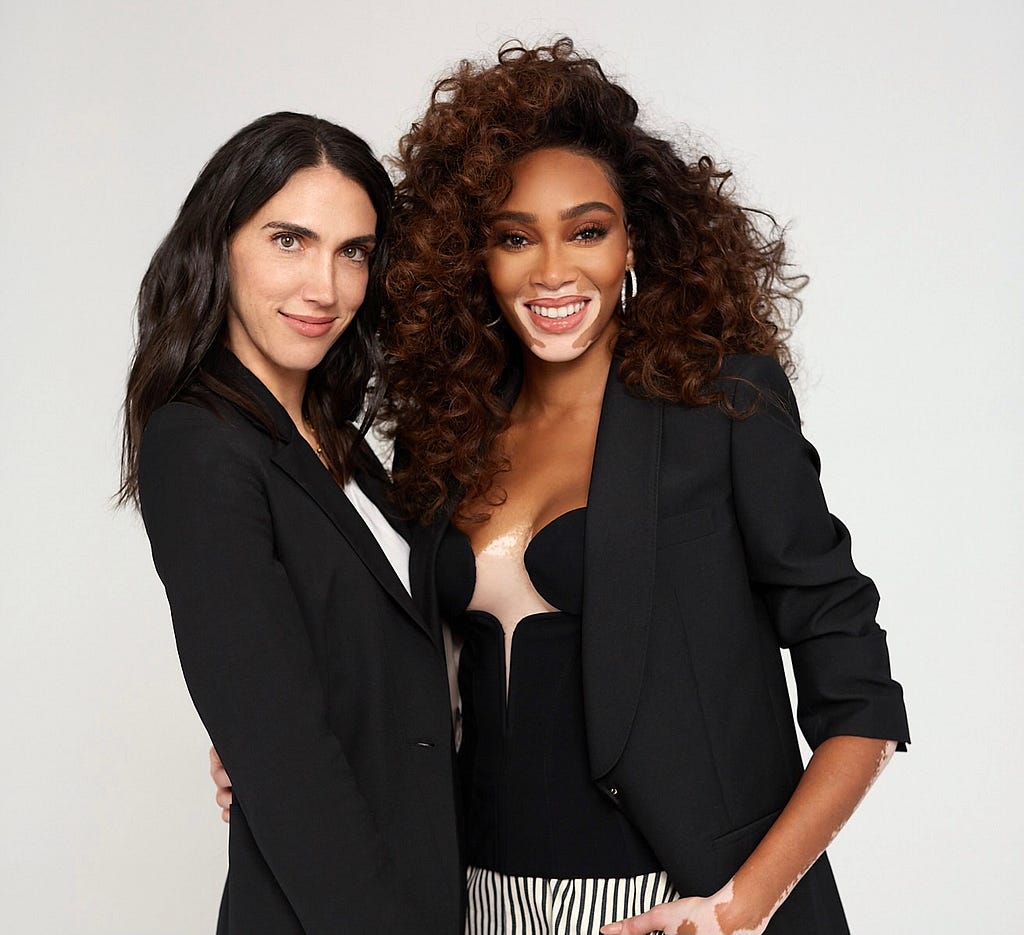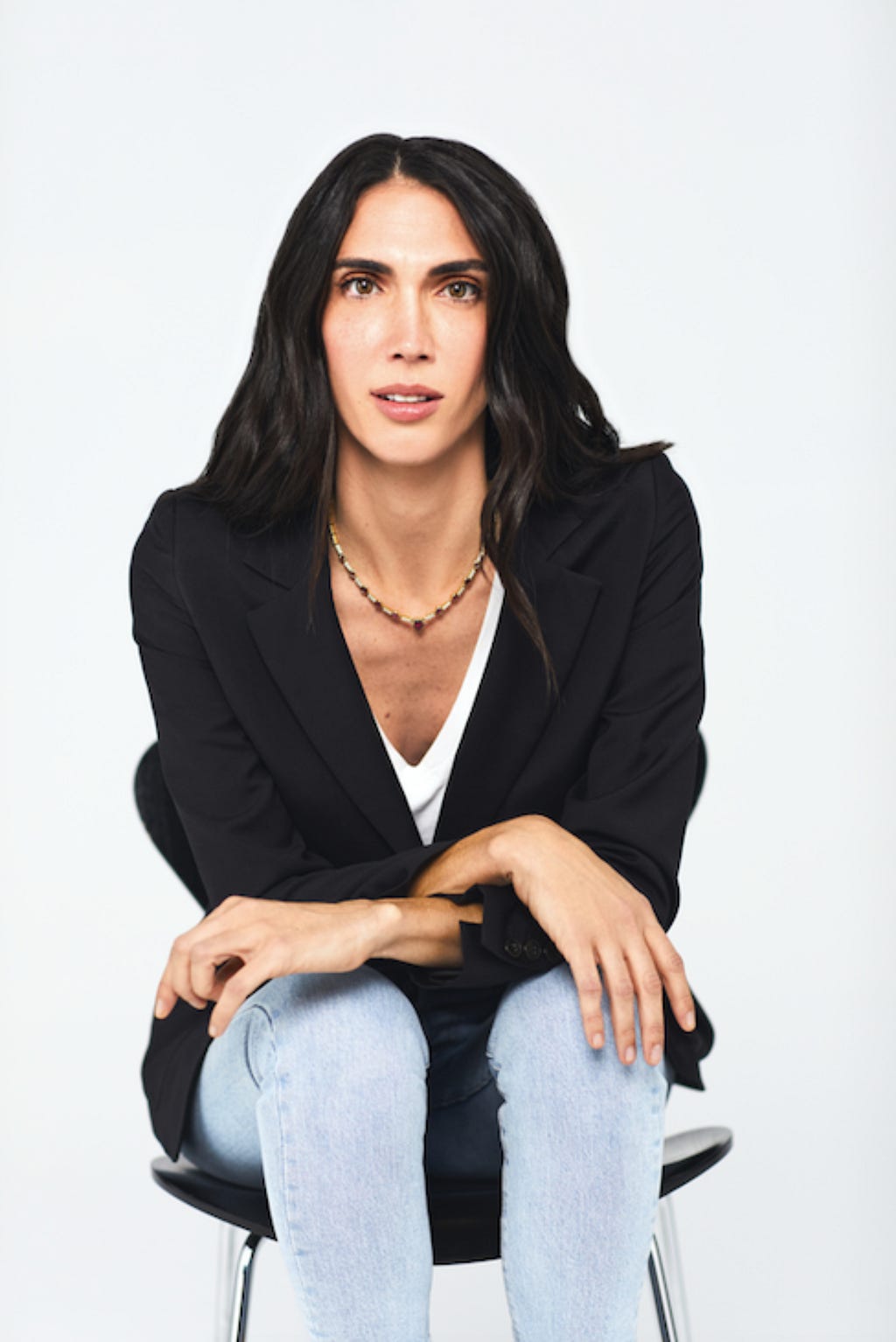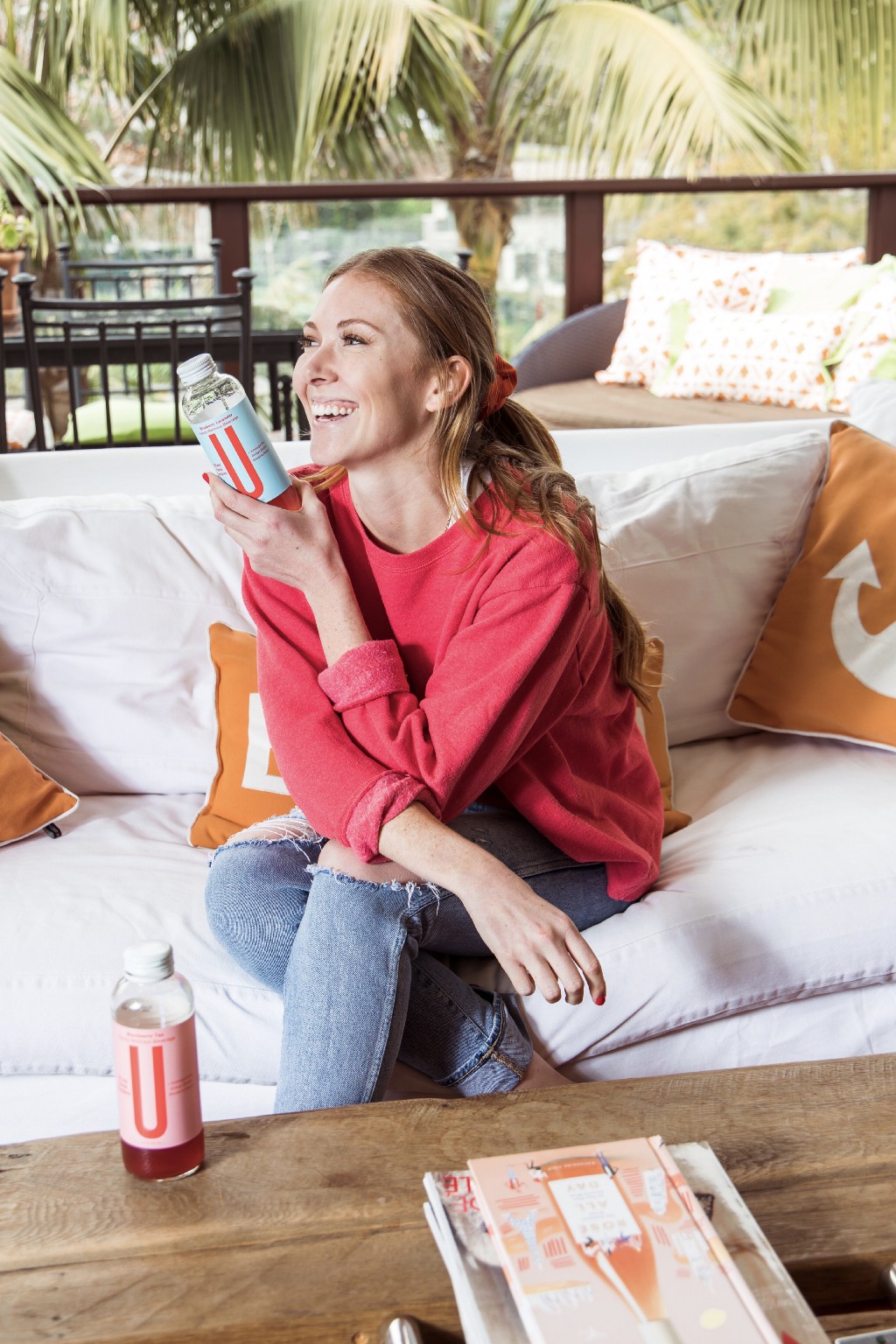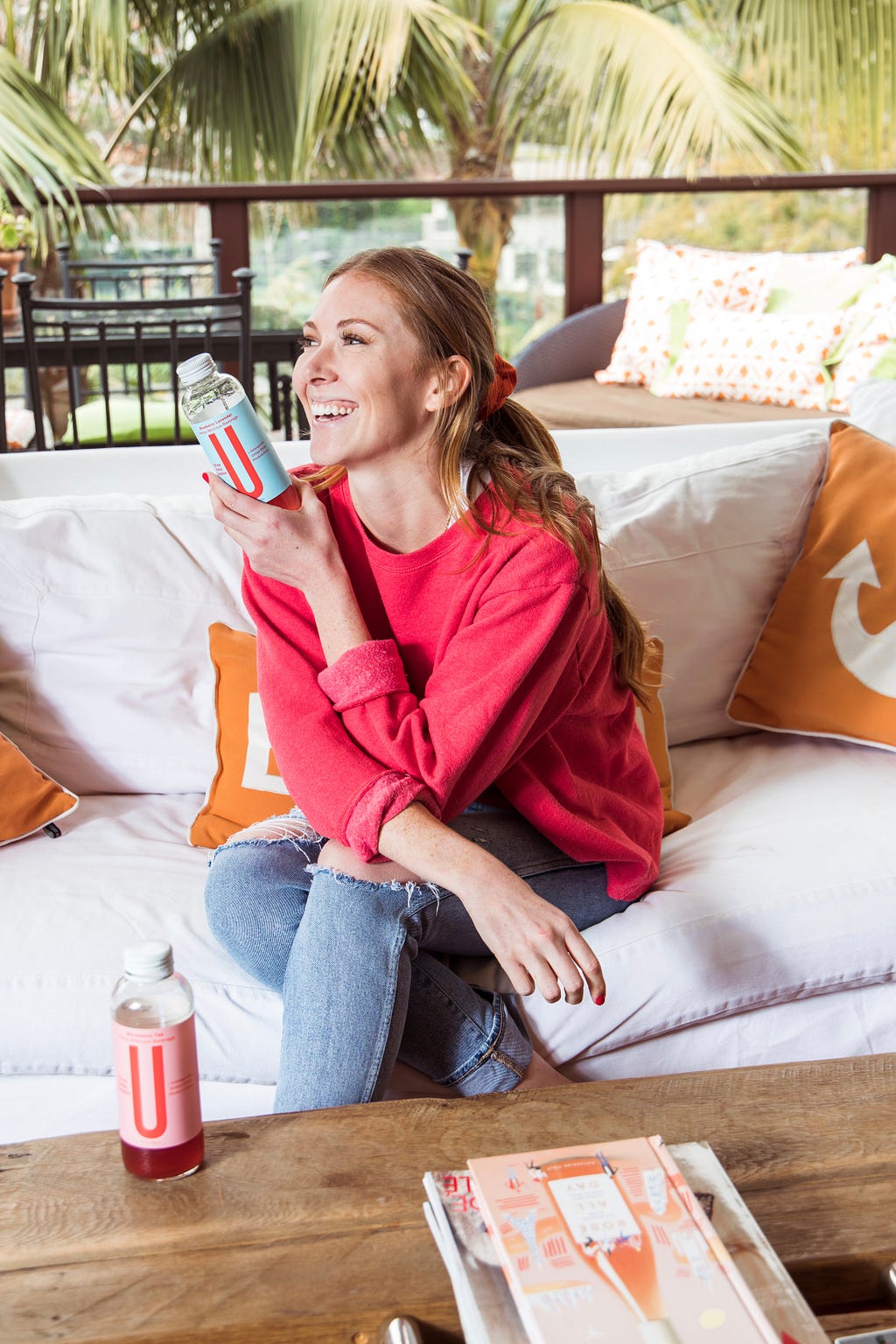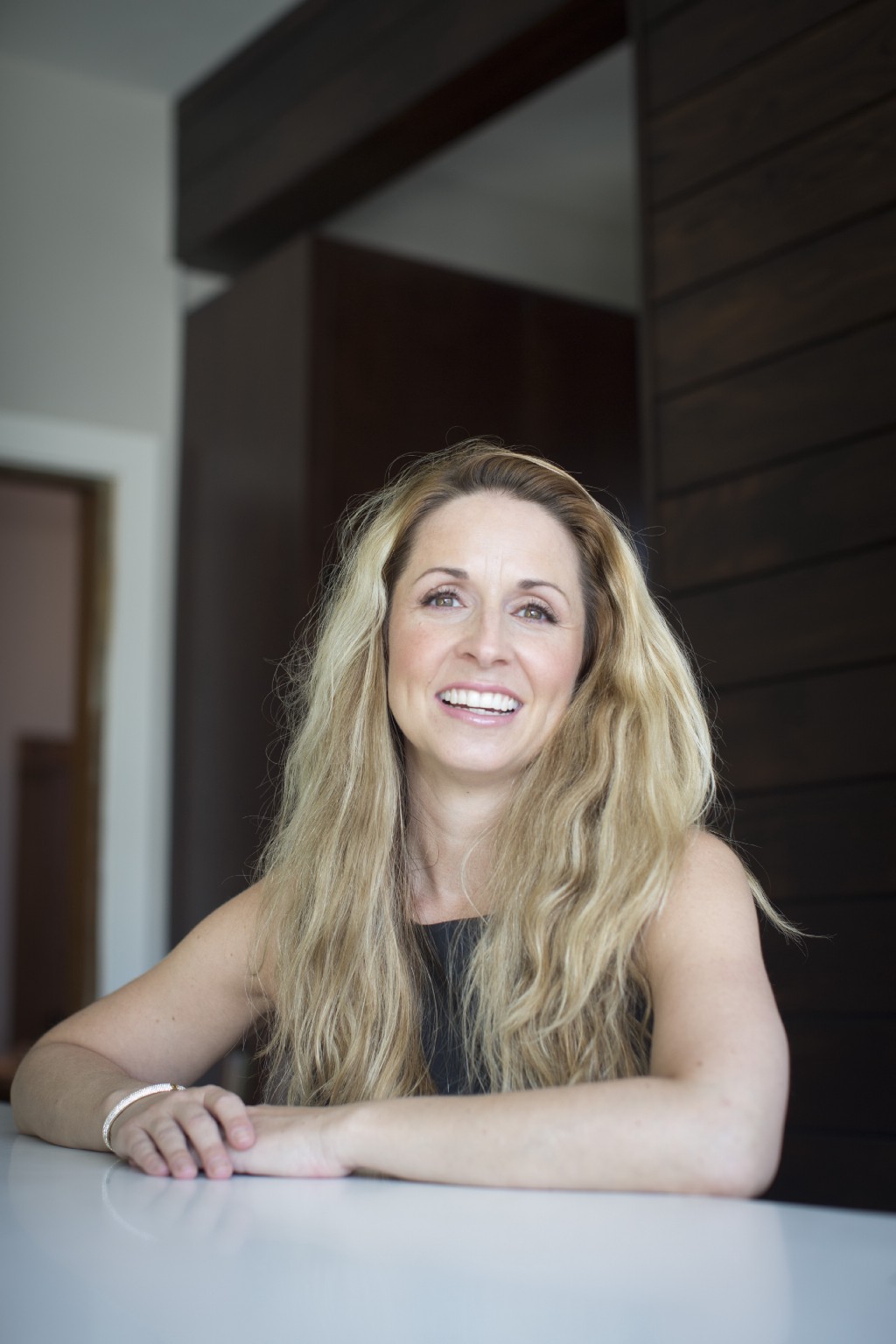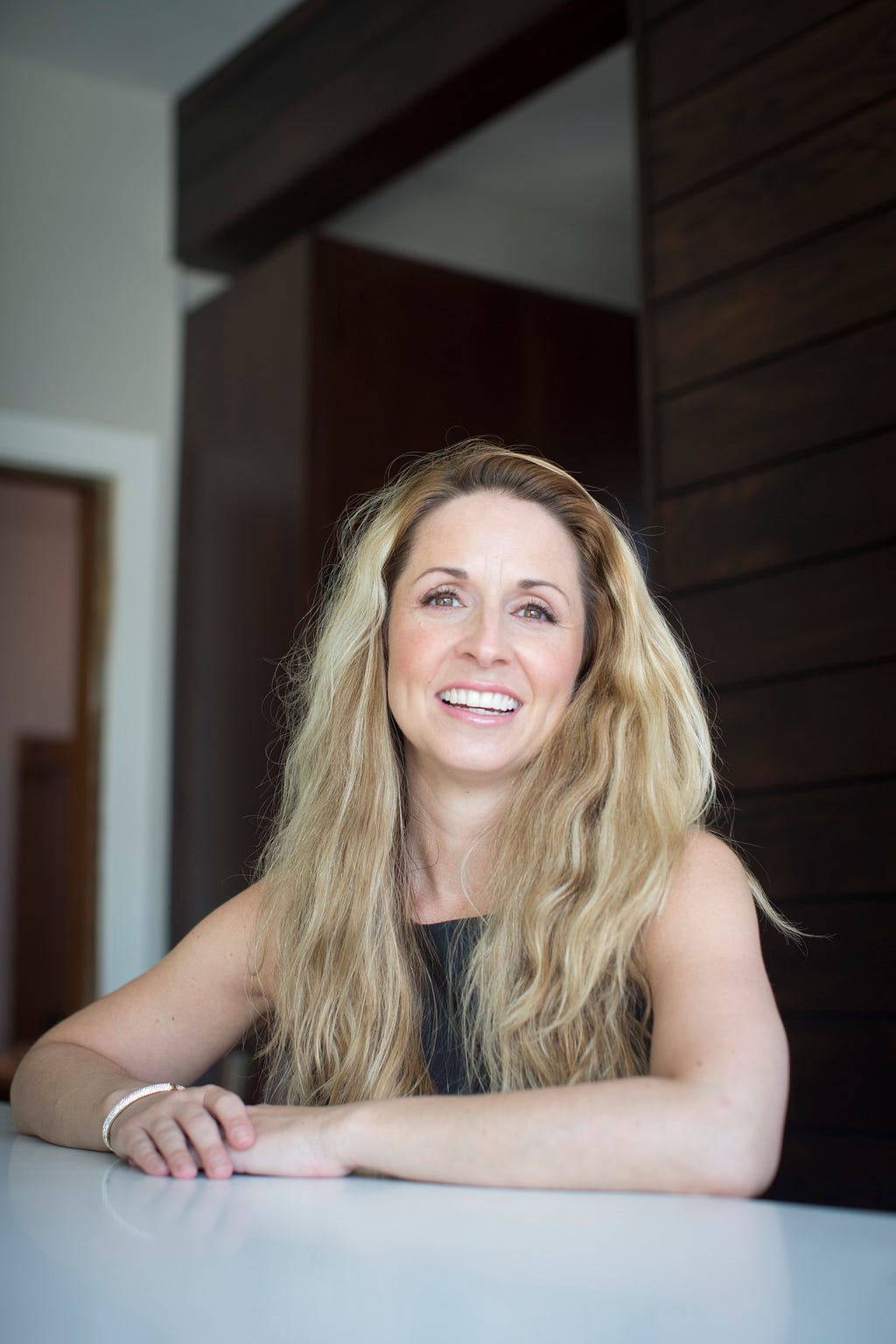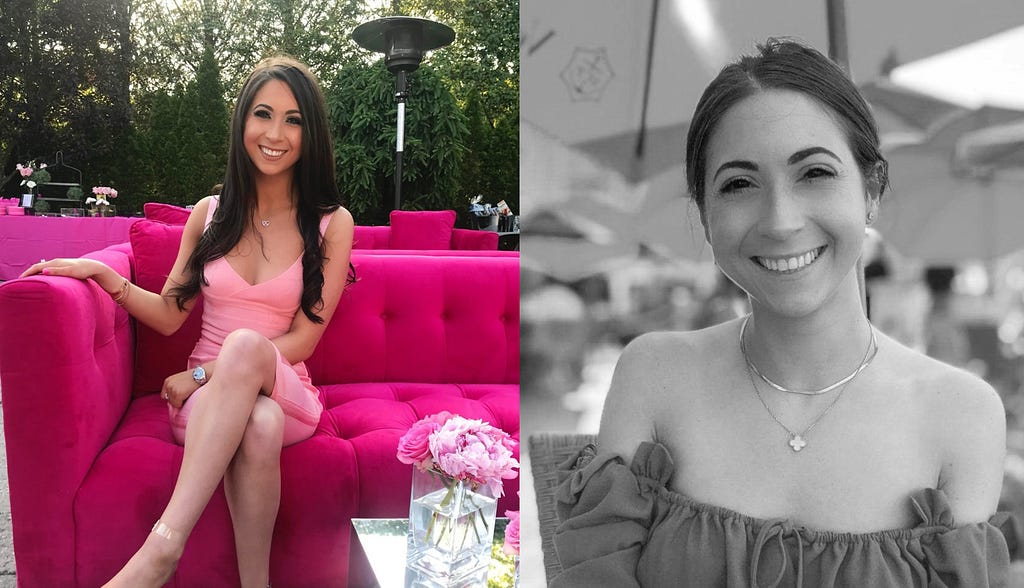
Surround yourself with people that make you feel good — When you spend time with positive people, you will notice yourself becoming more positive! Thus, more people will want to spend time with you. As a result of the change in attitude, this snowball effect means that you will likely accomplish more.
As a part of my series about “5 Lifestyle Tweaks That Will Dramatically Improve One’s Wellbeing”, I had the pleasure of interviewing Sydney Spiewak.
Based in Connecticut, Sydney Spiewak is a Registered Dietitian and Nutritionist at Clinical Weight Loss and Wellness. Previously, Sydney worked as a Registered Dietitian and Nutritionist at Saint Francis Hospital and Medical Center as well as an inpatient Registered Dietitian at Yale New Haven Hospital and Saint Raphael Campus. Sydney has a Bachelor of Science degree in Nutrition from Syracuse University and a Master of Science in Nutrition from the University of Saint Joseph. Follow Sydney at @your.everyday.dietitian for more tips and information about nutrition!
Thank you so much for doing this with us! Our readers would love to “get to know you” a bit better. Can you share with us the story about how you first got involved in fitness and wellness?
I grew up in a very health-conscious household so from a young age I was taught the importance of exercising and eating properly. I always enjoyed being fit and healthy but when I was 18, I was diagnosed with Crohn’s Disease. I needed to look at my health from a different perspective now that something serious was happening. I saw a registered dietitian and cut out all dairy, gluten, and red meat from my diet. I also made sure to exercise at least 3 to 4 times per week! The change in my diet made a huge impact on my health in a positive way and that’s when I knew I wanted to become a Registered Dietitian.
Can you share the most interesting story that happened to you since you started your career?
To be honest, I can’t think of anything super interesting!
Can you share a story with us about the most humorous mistake you made when you were first starting? What lesson or take-away did you learn from that?
When I first started out in the field, I worked in a hospital as a clinical dietitian. I shared an office with 5 other dietitians and in the winter, we would always change our sneakers into slippers when we sat in the office writing our notes. One day, I completely forgot to change back into my sneakers and went up to the floor to see patients in my slippers! I was mortified!!!
Can you share with our readers a bit about why you are an authority in the fitness and wellness field? In your opinion, what is your unique contribution to the world of wellness?
Besides having a Bachelor of Science in nutrition, a master’s degree in nutrition, being a registered dietitian, and currently studying to be a CPT (certified personal trainer), I think I understand people from a patient or client’s perspective.
None of us are able to achieve success without some help along the way. Is there a particular person who you are grateful towards who helped get you to where you are? Can you share a story about that?
Definitely my mom! My mom has been my biggest supporter in anything I’ve done in my life and will continue to do so! Her positivity and support alone are enough to give me the confidence to be the best registered dietitian and health professional.
Ok thank you for all that. Now let’s move to the main focus of our interview. We all know that it’s important to eat more vegetables, eat less sugar, exercise more, and get better sleep etc. But while we know it intellectually, it’s often difficult to put it into practice and make it a part of our daily habits. In your opinion what are the 3 main blockages that prevent us from taking the information that we all know, and integrating it into our lives?
The three main blockages would be time, motivation, and fear!
Time — Let’s face it, we are all pretty busy! While we know we should make a salad, it is less time consuming to pick up fast food for the family.
Motivation — Deep down inside all of us, if we were really motivated to do something or wanted it so badly, we would!
Fear — Fear is a big one because as humans, we are scared to not be perfect or to not succeed every time. We never want to fail but guess what — failure is okay and that’s how we learn!
Can you please share your “5 Non-Intuitive Lifestyle Tweaks That Will Dramatically Improve One’s Wellbeing”? (Please share a story or an example for each, and feel free to share ideas for mental, emotional and physical health.)
Meditate before bed — Putting down your phone and avoiding unnecessary screen time before bed can be a powerful tool for a less restless sleep. Meditating before bed helps to quiet those thoughts running through our heads and is an effective way to help people accept that things may not be ok.
Write down your emotions in a journal — By recording, reviewing, and reframing your thoughts, this will help you feel more in control of your life. This will help reset thought patterns and live a more mindful, happier life.
Drink lots of water — Ensuring your body gets enough water is important for your overall health. Not only does water prevent dehydration, water also has many benefits for the body including regulating body temperature, lubricating joints, getting rid of waste, and many more.
Surround yourself with people that make you feel good — When you spend time with positive people, you will notice yourself becoming more positive! Thus, more people will want to spend time with you. As a result of the change in attitude, this snowball effect means that you will likely accomplish more.
Load up on daily vitamins. Incorporating vitamins into one’s diet sets the tone for the day and helps ensure a good routine. Personally, I like to stay consistent with my morning routine and having daily rituals help that. I started incorporating vitafusion’s Brain Food into my morning routine, which contains Ashwagandha and phosphatidylserine to help support brain nourishment, focus, and stress!
As an expert, this might be obvious to you, but I think it would be instructive to articulate this for the public. Aside from weight loss, what are 3 benefits of daily exercise? Can you explain?
Endorphins
Body positivity
Overall health
For someone who is looking to add exercise to their daily routine, which 3 exercises would you recommend that are absolutely critical?
Planks, Squats, and the 100’s (a Pilates ab exercise)
Is there a particular book that made a significant impact on you? Can you share a story?
Unfortunately, I am not a big reader so there is no particular book!
You are a person of enormous influence. If you could start a movement that would bring the most amount of good to the most amount of people, what would that be? You never know what your idea can trigger. 🙂
I would start a movement to help people advocate for their health. While doctors are essential, everyone must be their own biggest advocate as they know their body best and should know when something is not right. Switching up my diet helped with my health, and I would like to help others feel good about their food choices as well. Making small changes in one’s diet, knowing what foods are good or bad for you, and knowing your body is crucial to one’s health and day to day functionality.
Can you please give us your favorite “Life Lesson Quote”? Do you have a story about how that was relevant in your life?
My favorite life lesson quote is: “Everything happens for a reason.” VERY cliché (I know), but it’s true! If my career path has taught me anything, it’s that everything really does happen for a reason and it happens when it should, not necessarily when you would like it to. I did not pass my boards to become a registered dietitian on the first try, second try, or even the third try. It took me almost one full year to retake the test and pass, but I finally did it and became a board-certified registered dietitian!
We are very blessed that some of the biggest names in Business, VC funding, Sports, and Entertainment read this column. Is there a person in the world, or in the US whom you would love to have a private breakfast or lunch with, and why? He or she might just see this if we tag them 🙂
Kyle Richards because she is the biggest girl boss and she unapologetically follows her dreams!
What is the best way our readers can follow you online?
@sydneyspiewak
Thank you for these fantastic insights. We wish you only continued success in your great work!
Sydney Spiewak: 5 Lifestyle Tweaks That Can Dramatically Improve Your Wellbeing was originally published in Authority Magazine on Medium, where people are continuing the conversation by highlighting and responding to this story.


